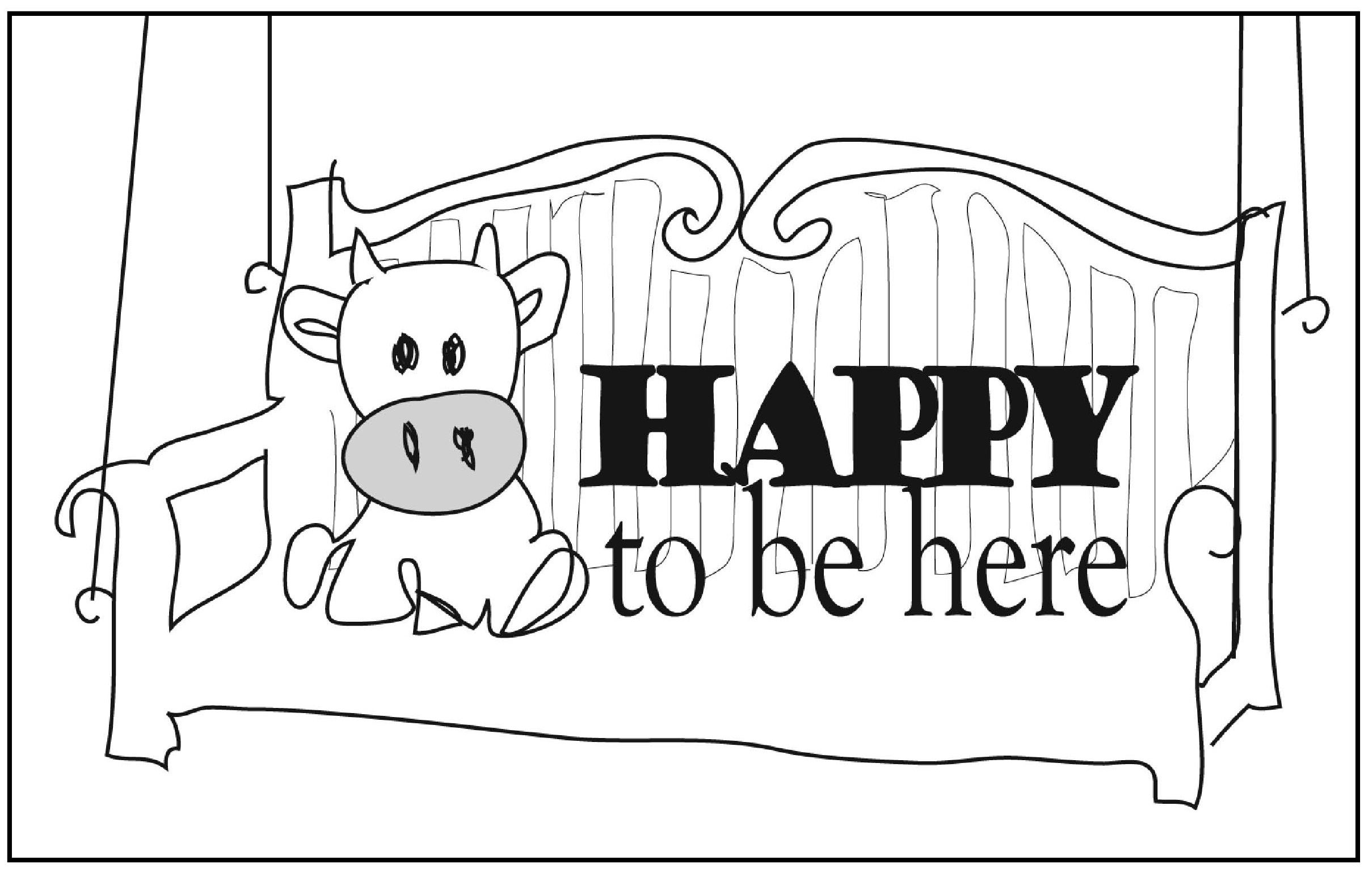Getting the Worm
Published 11:43 am Thursday, June 11, 2015
Everyone knows the early bird gets the worm. And people who know me, know that I am not an early bird. When it comes to morning and proverbs, I’m more suited to the saying, “The second mouse gets the cheese.” But when it comes to yardwork, I’ve developed a new appreciation for worms.
Earthworms, with their long segmented bodies, are essentially eating machines. They eat their way through dirt. The mouth is at the beginning of the first segment. The anus is at the back end of the last. Most of the middle contains intestines, where the worm’s food is digested. According to National Geographic, an individual worm can eat up to the equivalent of a third of its own body weight in dirt per day.
In Canada and some northern states where native worms were wiped out in the last ice age, the introduction of non-native worms is harming forest ecosystems. Here, however, and in many other agricultural communities, the presence of worms is actually an indicator of soil health.
Plants can’t directly consume decomposing organic material in the soil, but worms can. After worms digest their dirt meals, worm castings (waste material) deliver nitrogen, calcium, magnesium, and phosphorus to the soil. These are nutrients plants can use. The U.S. Department of Agriculture claims that an acre of healthy land may contain as many as a million worms and those worms consume two tons of dirt per year.
Worms also help in other ways. The tunnels they dig aerate the soil and leave holes for plant roots to follow. When they carry their wastes from lower in the earth to the surface, they help promote useful microbial activity. And, when it rains, their burrows enable water to penetrate the ground rather than just running off.
None of these wormy benefits were originally present in my yard. My house in Farmville came with bright red Virginia clay—the stuff historians identified as being perfect for brickmaking. In colonial times, people made bricks by shaping this kind of clay in wooden forms and then baking it in kilns. The process that went into creating my yard was a little less formal. No one shaped the clay into pieces, and the baking was done naturally under the summer sun. Nevertheless, the results were pretty much the same, and apparently worms don’t tunnel through brick.
It didn’t take long for us to notice that our grass wasn’t growing. Our weeds weren’t even growing. When rain fell, rivulets gathered and coursed through our yard, leaving streaks of bare earth in their wake. We needed to do something to slow the water down, so we contacted the Virginia Cooperative Extension to get a soil test. It sounded simple enough. Step one, pick up a Soil Sample Box. Step two, dig up some dirt to put in the box. We had to resort to scratching and scraping up pieces of the hard clay, but we did manage to get a sample. The test results were hardly surprising. We needed to add lime and organic matter.
My husband set up a composting area, and he jokingly called it his dirt farm. We chopped up yard waste and grass clippings. We added old mulch. We added coffee grounds. He turned the mixture from time to time to aerate the pile. Eventually, it started to look like dirt, and he began incorporating it into patches of our yard.
Progress has been slow. In fact, it has taken several years, but now some of those patches serve as spots for gardening. This year, for the first time, we decided to plant some tomatoes in the ground instead of containers or raised beds. While we were digging one of the holes, the shovel turned over a lump of soil, and there wriggling atop the mound was a worm. An actual worm. We carefully patted it back into its subterranean home.
Now I’ve got a real dilemma. I may have to start getting up before the birds so that I can chase them off and protect my worm.
Karen Bellenir, a Farmville resident since 2009, blogs for Pier Perspectives at PierPress.com and maintains an archive of past columns at www.KarenBellenir.com. She also serves as Editorial Director for Wordwright LLC, a company that provides services to authors, publishers, and other producers of print and electronic publications (www.Wordwrightllc.com).
© 2015 Wordwright, LLC


